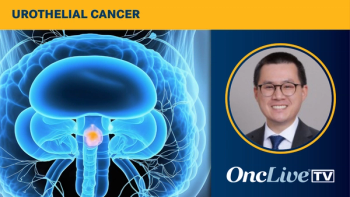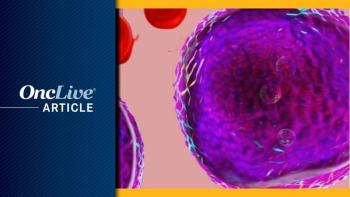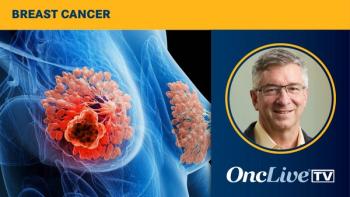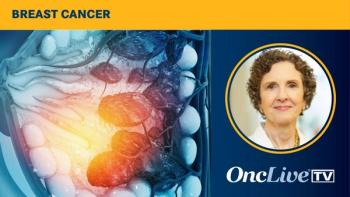
Dr. Fingrut on the Association Between Ancestry, Socioeconomic Status, and HLA-Disparate Grafts
Warren Fingrut, MD, discusses the association between non-European ancestry and low socioeconomic status with the receipt of HLA-disparate grafts.
Warren Fingrut, MD, hematologist, research fellow, Cancer Care Disparities, Memorial Sloan Kettering Cancer Center, discusses the association between non-European ancestry and low socioeconomic status with the receipt of HLA-disparate grafts.
In a presentation at the 2023 Transplantation and Cellular Therapy Meetings, investigators concluded that in order to better serve patients with a low socioeconomic status, it will be important to appropriately and accurately identify these vulnerable patients, Fingrut begins. However, data related to social determinants of health are typically not collected prospectively, Fingrut adds. For example, in many cancer centers across the United States, household income data and other metrics of social determinants of health are not prospectively gathered.
In this analysis, clinicians had to determine socioeconomic data retrospectively. An important takeaway from the analysis was that better tools are needed to allow for the identification of patients receiving transplant who may be from a more vulnerable socioeconomic population, Fingrut says.
The analysis also demonstrated an intersectionality between ancestry and socioeconomic status with donor type. Previous literature has shown that patients of non-European ancestry are less likely to have a matched donor and are more likely to require a graft from an alternative donor, Fingrut explains. This information is relevant for transplant centers to allow them to understand which patients have a higher level of need compared with patients who are more likely to receive HLA-matched grafts, Fingrut notes.
Centers can help address these disparities by allocating appropriate resources to ensure that patients will get the social support they need to manage their transplant, Fingrut concludes.



































